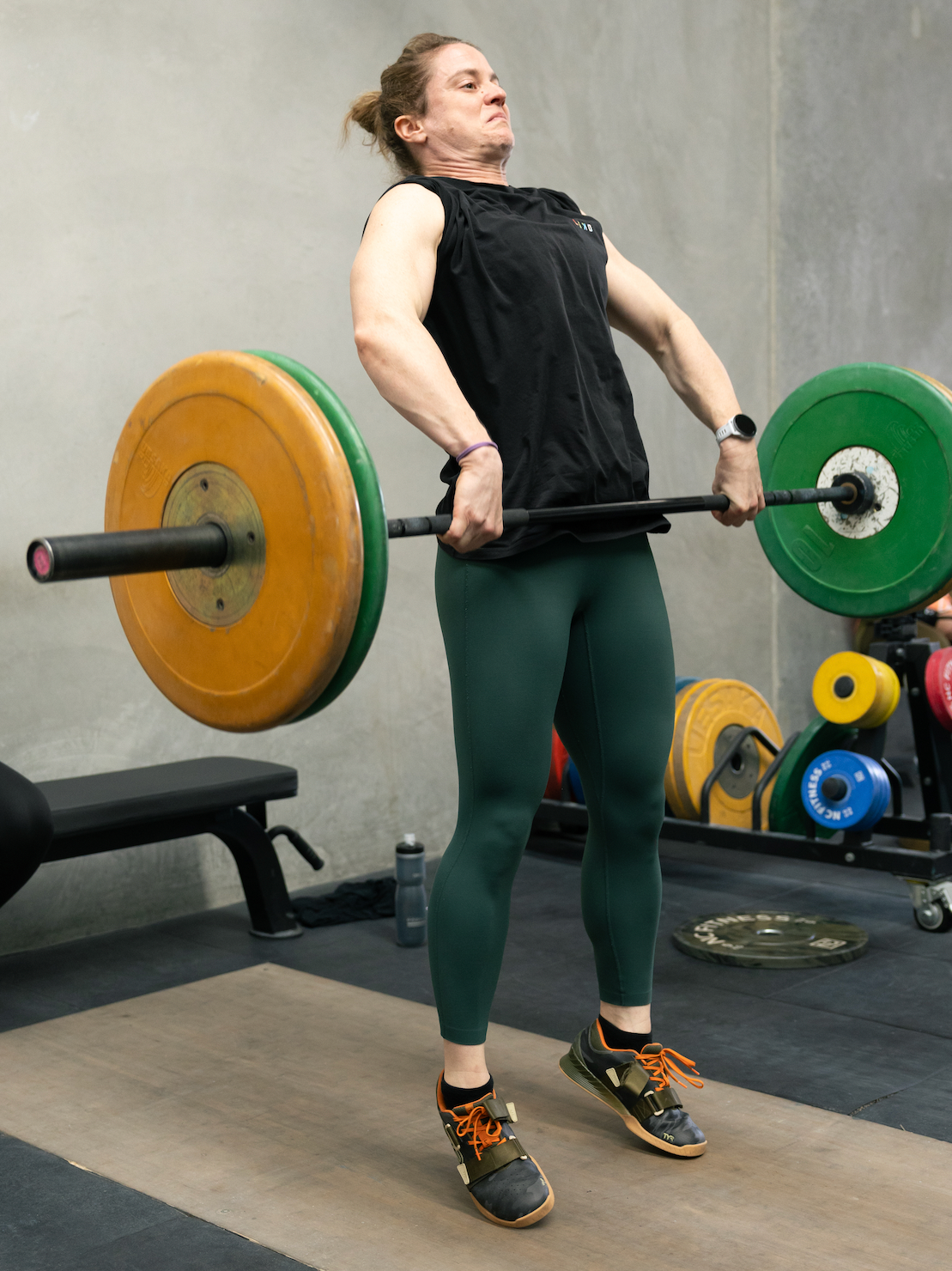Weightlifting Success Isn’t Found Online, It’s Built Under the Bar
Why You Need to Stop Comparing Yourself to What You See on Instagram
Progress in training doesn’t happen in straight lines, and it certainly doesn’t happen the same way for everyone. Yet too often, lifters scroll Instagram, see someone hitting big lifts every week, and start questioning themselves.
The truth is: everybody progresses at their own rate, and what works for one person may not work for you.
That lifter you see celebrating a new PR every other post? You didn’t see the five years+ of hard training that came before, the rehab sessions, or the ten missed attempts they never uploaded. Social media shows you the highlight reel, not the full process.
Different People, Different Learning Styles
How you learn will be different to how someone else learns.
Some lifters need repetition of the exact same exercise for weeks to feel the “cue” and lock into the right positions.
Others learn best by rotating through different variations, which helps them feel the “cue” through different positions, pauses or tempos.
Some people can just hear a cue once and implement it immediately.
Others need to hear the exact same cue for months before it starts to click.
None of these are right or wrong; they’re simply different approaches to the same goal: improving movement quality and building consistency. The only time an approach is wrong is if it doesn’t support how you learn.
Training Variables Aren’t One-Size-Fits-All
Two athletes could follow the exact same program and walk away with completely different results. Why? Because physiology, recovery capacity, and training history all matter.
Volume & Intensity Tolerance: The same workload that builds one athlete up might completely break another down. Conversely, what barely scratches the surface for one lifter might be exactly what another needs.
Recovery Factors: Sleep, nutrition, hydration, and stress aren’t side notes; they shape how much you can adapt to training. It’s like fuel in a tank; without enough, you can’t keep driving forward.
Adaptation Rates: Some athletes need time under lighter loads to reinforce technique, while others thrive pushing intensity sooner.
This is why good coaching isn’t about forcing athletes into a rigid template. It’s about finding the right balance that lets you improve without burning out.
Enjoyment and Consistency Matter
The truth is, the boring work is often the best work. Weeks of consistent positions, stable technique, and steady effort are what build big lifts.
That said, I also know myself: every couple of months, I need a small change to stay engaged and enjoy the process. The key is making those changes within a consistent structure, progressions that add variety without derailing the foundation.
Good Training Is Good Training
Many coaches online will tell you that you “have to” train a certain way. High volume. Low volume. Heavy singles. High reps. Certain exercises only, or certain exercises you should never use.
The reality? There’s no single recipe. Good training is good training. There are countless ways to progress, as long as the program balances stimulus and recovery, builds consistency, and matches where you’re at.
And make sure you enjoy your training. Because you could have the “perfect” program on paper with the “perfect” coach, but if you don’t enjoy it, you won’t stick with it, and without consistency, you won’t progress.
Focus on What Works for You
The best thing you can do is stop chasing every Instagram trend and start paying attention to what actually works for you. Better yet, work with a coach who can guide you through that process, adjusting the plan based on your response, not someone else’s highlight reel.
So the next time you scroll Instagram and start to doubt yourself, pause. Ask: What’s working for me right now? Am I recovering well, enjoying training, and moving better than last month? If the answer is yes, then you’re progressing, whether it looks like someone else’s journey or not.
Remember: progress takes time, and training is meant to be enjoyed. Don’t let someone else’s marketing dictate your journey.

